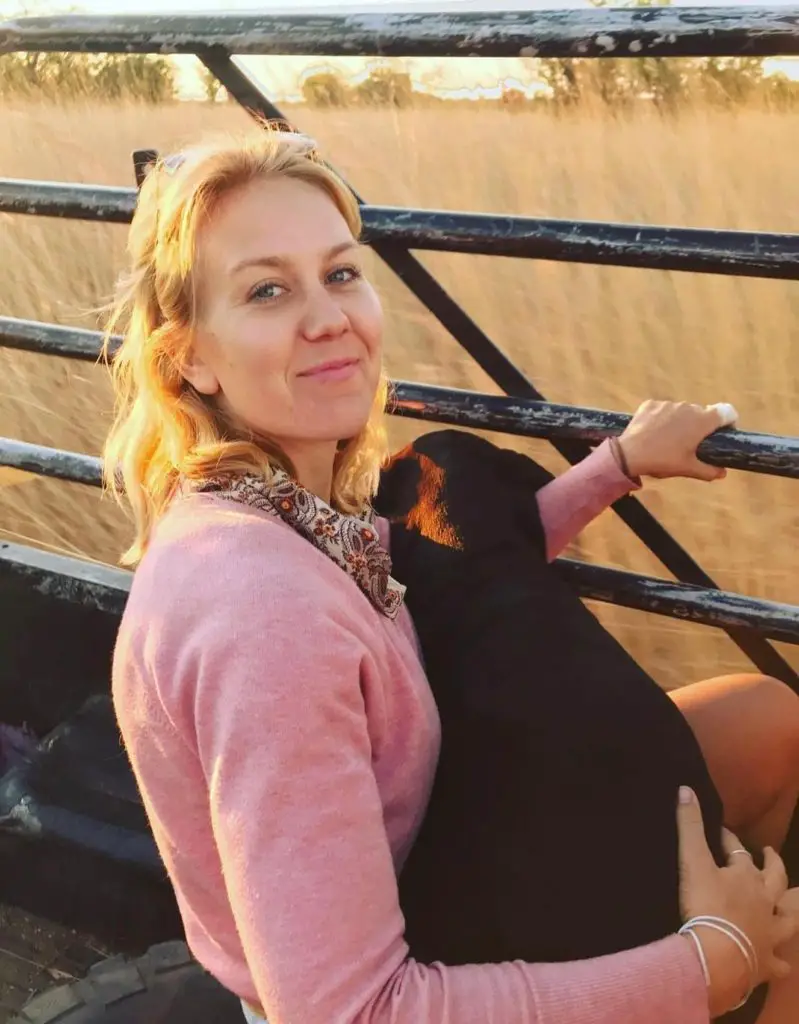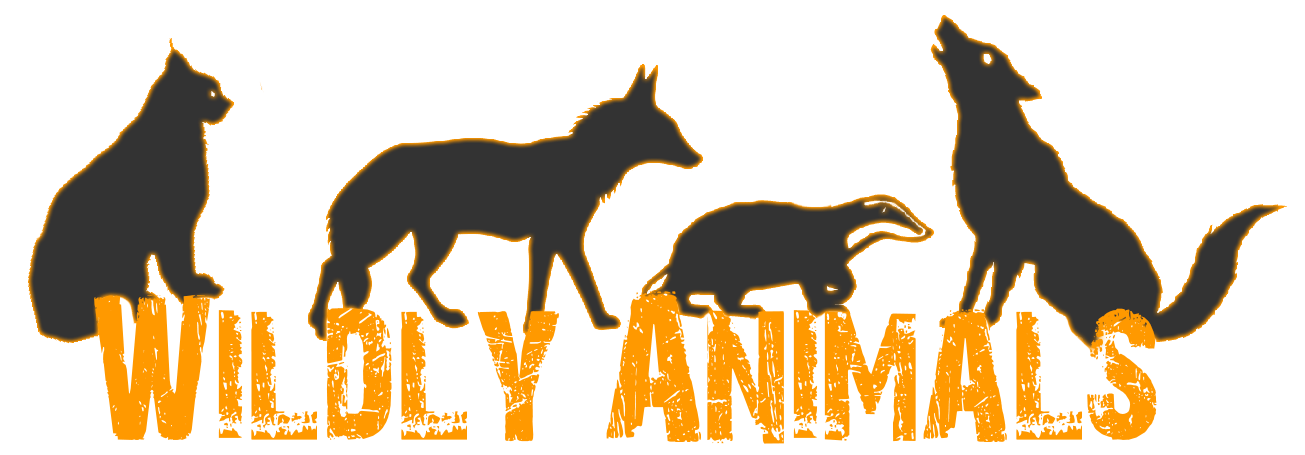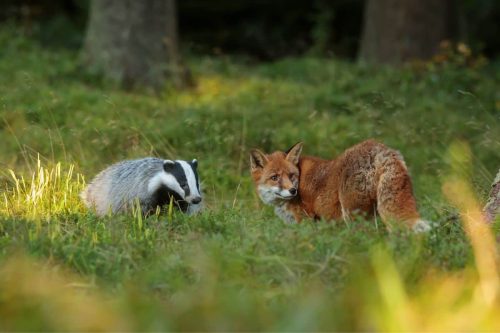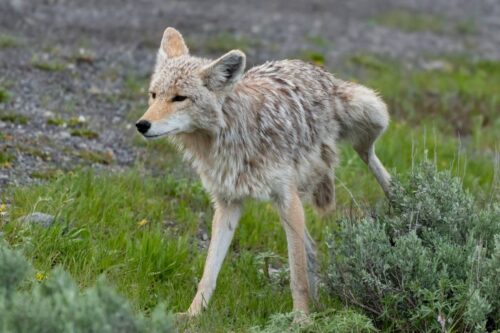How To Start A Career Working With Wild Animals Around The World
Who among us didn’t dream of saving dolphins, treating tigers, studying the habits of elephants in Africa? For many, this remains a childhood fantasy, but there are those who find a way to turn it into a real profession. Working with wild animals is not a myth or a volunteer exotic for the chosen few. This is a real career that requires courage, patience and often – high professional training.
International conservation organizations, animal protection funds, scientific expeditions, mobile veterinary clinics and even tourism projects in ecozones – all these are spaces where specialists are needed. Not just theorists, but people ready to work “in the fields,” where there are no air conditioners and takeaway coffee.

Contents
The Geography Of The Profession: From Icy Valleys To Coral Atolls
One of the amazing things about this profession is the unpredictability of geography. Work can be found anywhere: on a protected island in the Indian Ocean, in a national park in northern Mongolia, in the swamps of Patagonia, or in the mangrove forests of Cambodia.
In East Africa, they work with rhinoceros and elephant populations, in Malaysia they save gibbons and wild cats, in Argentina they track flamingo migration, and on the coasts of the Galapagos they control invasive species that threaten local fauna. Often, the tasks include not only working directly with animals, but also analyzing behavior, implementing GPS monitoring technologies, and creating new models of interaction with local populations.
One day you can fly a drone over the savannah at 5 a.m., and a week later you can treat a wild boar’s wound in a mobile clinic. And sometimes you can simply observe for months without interfering: because conservation often begins with respect for its natural processes.
How To Get Your First Opportunity
You can start your path in this field in different ways. Some people go through academic biology or veterinary science, some start with volunteering. Some get into the profession through photography or media support for conservation missions. But what unites them all is the willingness to work not according to instructions, but according to the situation.
For beginners, a logical step would be to look for internships or entry-level positions with visa and training support. Particularly relevant are vacancies with veterinary sponsorship, that is, those where the organization takes on the paperwork, insurance, and training in the field. These are the types of offers that can be found on the international platform Jooble, which aggregates vacancies from all over the world. A convenient filter allows you to find offers containing keywords like veterinary sponsorship jobs or wildlife veterinary field assistant, which is especially useful for those looking for support in moving and starting a career abroad.
Jooble allows you to compare working conditions, region, language, experience requirements, housing availability, and even risk level. This is especially important if you are planning to leave for several months or are entering the international labor market for the first time.
Who Is Needed: Not Only Veterinarians
While medical training is certainly useful (and sometimes critical), projects employ people with different skills and specializations. Some conduct environmental monitoring, some service equipment and satellite tags, some keep observation diaries, write reports for sponsors, or take photos and videos.
What professions are open to working with wildlife? Work in this field can be incredibly diverse. Below are just a few of the in-demand areas:
- Veterinary assistant or field assistant
- Field biologist or GPS tracking specialist
- Environmental project coordinator
- Equipment technician (traps, cameras, satellite technology)
- Ecotourism instructor or safari guide
- Photographer or video documentarian (often working in tandem with scientists)

Field Life: Not For The Faint Of Heart, But For The Strong Of Spirit
One of the most pressing questions that newcomers face is whether they are ready for field life. Living for weeks in a tent, eating what you managed to bring in advance, doing without the Internet and hot water –this is a reality. Especially in places where the climate is harsh, like in the Namibian reserves, or where high humidity makes any clothes damp within an hour, like in Borneo.
Many programs require not just physical endurance, but psychological resilience. Sometimes you can’t save an animal. Sometimes you are the only medic within a 100 km radius. Sometimes you miss home, and even simple conversations. But it is in these conditions that a strong internal “why” arises – an understanding of why you are here and what is really important.
Salary And Prospects
The financial issue is a delicate one. Yes, at the start, many programs only pay for basic needs: housing, food, transfer, sometimes insurance. But this is an investment in experience and connections. After 2-3 years of active work in field projects, you can get stable paid positions in large organizations: WWF, Panthera, Wildlife Conservation Society, Sea Shepherd, African Parks, WildCRU and others.
Field veterinarians in international projects receive from $5,000 to $12,000 per month, depending on the region, complexity of tasks and level of risk. Senior coordinators and biodiversity specialists can expect more – especially if they participate in scientific publications or take on administrative functions.
It is interesting that many subsequently move into education, media production or launching their own NGOs, maintaining the mission, but changing the format. Thus, the profession is not limited to the jungle – on the contrary, it can give a start to completely different, but meaningful trajectories.
Also read: Protecting Wildlife Starts at Home
Where To Start Today
In addition to Jooble, which is convenient because it collects offers from dozens of sites and agencies, it is useful to track vacancies on specialized resources: Wildlife ACT, The Wildlife Trusts, VetAbroad, GreenJobs. Subscribe to their newsletters -– the most interesting positions are gone in a couple of days.
But the main thing is not to be afraid to try. Start with a short internship or a program for 1-2 months, study the format, understand how logistics work, and do not hesitate to ask for advice from those who are already in the know. The professional community in this field is usually open and friendly – because everyone once started from scratch.
Things to Consider Before Going Wildlife Work
Before diving into this unusual world, it’s worth taking a sober look at a few factors:
- Vaccinations. Most organizations require a full list of vaccinations, including yellow fever and rabies.
- Insurance. Regular travel insurance does not cover risks in the field. You need specialized insurance.
- Physical endurance. The work may involve walking, heat, and night shifts.
- Psychological stability. Not everyone can handle isolation, lack of contact with family, or encounters with cruelty to animals.
- Training for CPR and First Aid. Having basic life-saving skills is crucial when working in remote locations where medical help might not be immediately available. Many organizations require these certifications before you begin fieldwork.
If you’ve taken all of this into account and aren’t scared, you’re probably really ready.
Final Words
Working with wildlife is not about likes and adventures. It’s about choice. About the willingness to live without gloss, but with real meaning. About waking up every morning not to the sound of an alarm clock, but to the cry of birds – and knowing that you are not just observing the world, but protecting it.
If you are ready, the animal world will find a way to call you. And your task is to hear and respond.

Izzy is an experienced ranch worker who has a passion for exploring nature and getting up close to wildlife. With her connections to various animal organizations, Izzy is well-versed in animal care and rehabilitation.






